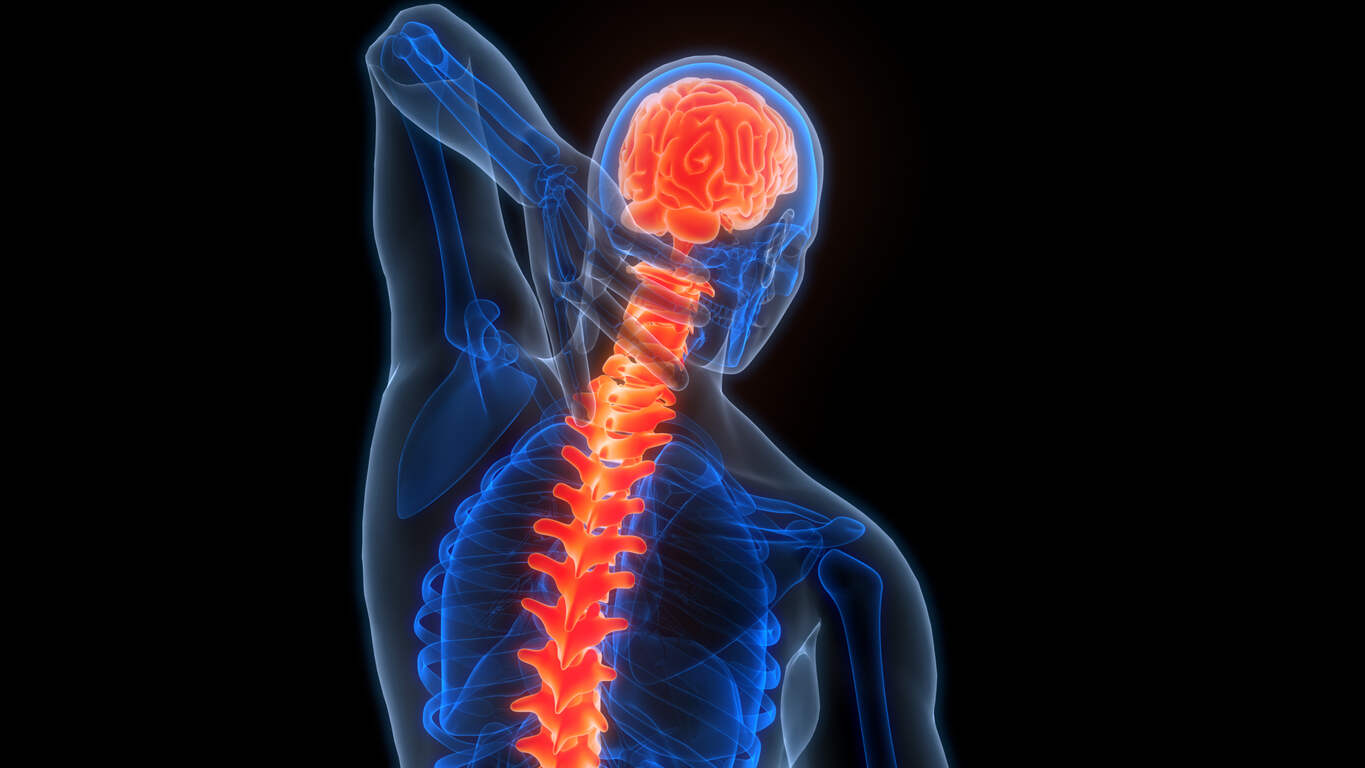Bicycling offers health, environmental, and financial benefits, but when a Bicycle collision occurs, riders are uniquely vulnerable. Without the protection of a vehicle frame, cyclists often sustain catastrophic injuries, particularly to the brain and spinal cord. These injuries rarely resolve quickly. Instead, survivors face years of rehabilitation, ongoing medical care, and challenges that affect nearly every aspect of life. Understanding the long-term rehabilitation process is essential for both injured cyclists and their families as they consider legal action in Georgia.

The Complexity of Brain and Spine Injuries
Brain and spinal injuries differ from broken bones or soft tissue damage because they disrupt the body’s most critical functions. Even with immediate emergency treatment, these injuries often leave lasting deficits.
- Brain injuries. Survivors may experience memory loss, impaired concentration, speech difficulties, mood changes, and reduced motor control. Symptoms can fluctuate or worsen over time, making recovery unpredictable.
- Spinal injuries. Depending on the severity of the injury, victims may experience loss of mobility, sensation, or control over bodily functions. Some injuries result in partial paralysis, while others cause permanent quadriplegia or paraplegia.
Because these injuries affect cognition, mobility, and independence, rehabilitation is more than just medical treatment; it is a lifelong process of adaptation and adjustment.
The Rehabilitation Journey
Rehabilitation after a brain or spinal injury is rarely short-term.
Survivors often undergo months or years of therapy, including:
- Physical therapy. To rebuild strength, coordination, and flexibility.
- Occupational therapy. To relearn daily tasks, such as dressing, cooking, or driving.
- Speech and cognitive therapy. To address communication deficits, memory loss, or executive functioning challenges.
- Psychological counseling. To manage depression, anxiety, and the emotional toll of sudden disability.
- Assistive technology training. To use wheelchairs, mobility aids, or computer-based systems for independence.
These therapies are essential but costly, and insurance often limits coverage well before a patient has reached maximum improvement. Families are usually forced to bridge the financial gap, adding stress to an already overwhelming situation.
Barriers to Successful Rehabilitation
Several barriers can complicate rehabilitation for Georgia cyclists with brain or spinal injuries.
They may include, but are not limited to:
- Financial strain. Long-term care, adaptive housing, and specialized equipment can exceed hundreds of thousands of dollars.
- Access to specialists. Not all communities in Georgia have rehabilitation centers equipped to handle catastrophic injuries.
- Relapse and setbacks. Progress may stall, and new complications such as infections, chronic pain, or psychological struggles may arise.
- Impact on family members. Caregivers often sacrifice their own work and well-being to support their loved ones’ rehabilitation efforts.
Each of these barriers underscores why full compensation in a legal claim is critical to long-term recovery.
The Role of Legal Advocacy
Rehabilitation challenges are not just medical. They are also legal and financial in nature. Insurance companies often minimize claims by undervaluing the cost of future care or questioning the necessity of specific treatments. An experienced Georgia personal injury attorney can gather expert testimony, build life care plans, and pursue damages that reflect the actual long-term costs of recovery.
Legal advocacy ensures that survivors are not left without the necessary resources for ongoing therapy, home modifications, and financial support. It also holds negligent drivers and other responsible parties accountable for the devastating impact of bicycle-related brain and spinal injuries.
Contact Ashby Thelen Lowry Today
If you or a loved one suffered a brain or spinal injury while cycling in Georgia, you do not have to face the rehabilitation journey alone. The Atlanta attorneys at Ashby Thelen Lowry are committed to securing compensation that reflects the lifelong challenges of catastrophic injuries. Contact us today at (404) 777-7771 or online for a free consultation, and let us help you pursue justice and the resources you need for the road ahead.
